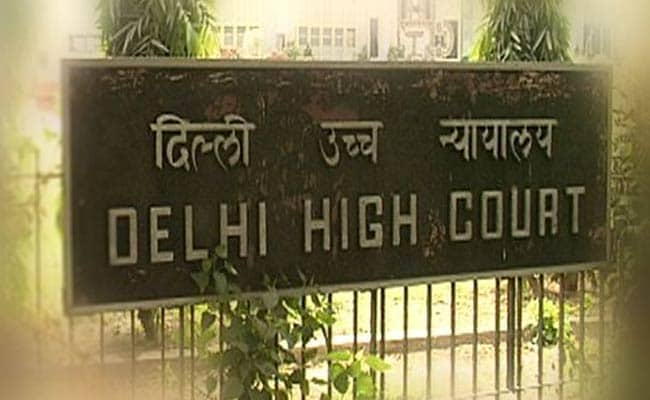
The Delhi High Court ruled that the Attorney General's Office does not come under the RTI ambit.
New Delhi:
The office of the Attorney General of India (AGI) does not come under the ambit of the Right to Information (RTI) Act as it is not a "public authority", the Delhi High Court ruled today. The verdict by a bench of Chief Justice G Rohini and Justice Jayant Nath came on the appeals by the Centre challenging the decision of a single judge who had held that the office of the AGI is a public authority falling under the ambit of the RTI Act.
"It cannot be ignored that the predominant function of the AGI is to give advice upon legal matters, to appear in court as stated, i.e perform duties akin to an advocate/senior advocate...
"Essentially, the function being that akin to an advocate of the Government of India (GoI), he is in a fiduciary relationship with the GoI and cannot put in the public domain his opinions or the materials forwarded to him.
"We are unable to agree with the conclusion of the single judge that the office of the AGI falls within description of public authority," the bench said and set aside the single judge's order.
The Law Ministry had filed the appeals against the March 10, 2015 order of the single judge bench bringing the AGI's office under the ambit of the RTI Act on the grounds the top law officer performed public functions and his appointment was governed by the Constitution.
In its order, the single judge bench had declared the AGI's office as a public authority, saying he performs the functions as are required by virtue of Article 76(2) of the Constitution and had set aside the December 2012 CIC order that the AGI is not a public authority.
During the arguments in the appeals, Additional Solicitor General Sanjay Jain had argued that the office of the AGI does not come under the RTI as the top law officer is in a fiduciary relationship with the government.
Agreeing with the ASG's argument, the bench said, "The AGI is not a functionary reposed with any administrative or other authority which effects the rights or liabilities of persons", and disposed of the appeals.
(Except for the headline, this story has not been edited by NDTV staff and is published from a syndicated feed.)
"It cannot be ignored that the predominant function of the AGI is to give advice upon legal matters, to appear in court as stated, i.e perform duties akin to an advocate/senior advocate...
"Essentially, the function being that akin to an advocate of the Government of India (GoI), he is in a fiduciary relationship with the GoI and cannot put in the public domain his opinions or the materials forwarded to him.
"We are unable to agree with the conclusion of the single judge that the office of the AGI falls within description of public authority," the bench said and set aside the single judge's order.
The Law Ministry had filed the appeals against the March 10, 2015 order of the single judge bench bringing the AGI's office under the ambit of the RTI Act on the grounds the top law officer performed public functions and his appointment was governed by the Constitution.
In its order, the single judge bench had declared the AGI's office as a public authority, saying he performs the functions as are required by virtue of Article 76(2) of the Constitution and had set aside the December 2012 CIC order that the AGI is not a public authority.
During the arguments in the appeals, Additional Solicitor General Sanjay Jain had argued that the office of the AGI does not come under the RTI as the top law officer is in a fiduciary relationship with the government.
Agreeing with the ASG's argument, the bench said, "The AGI is not a functionary reposed with any administrative or other authority which effects the rights or liabilities of persons", and disposed of the appeals.
(Except for the headline, this story has not been edited by NDTV staff and is published from a syndicated feed.)
Track Latest News Live on NDTV.com and get news updates from India and around the world

